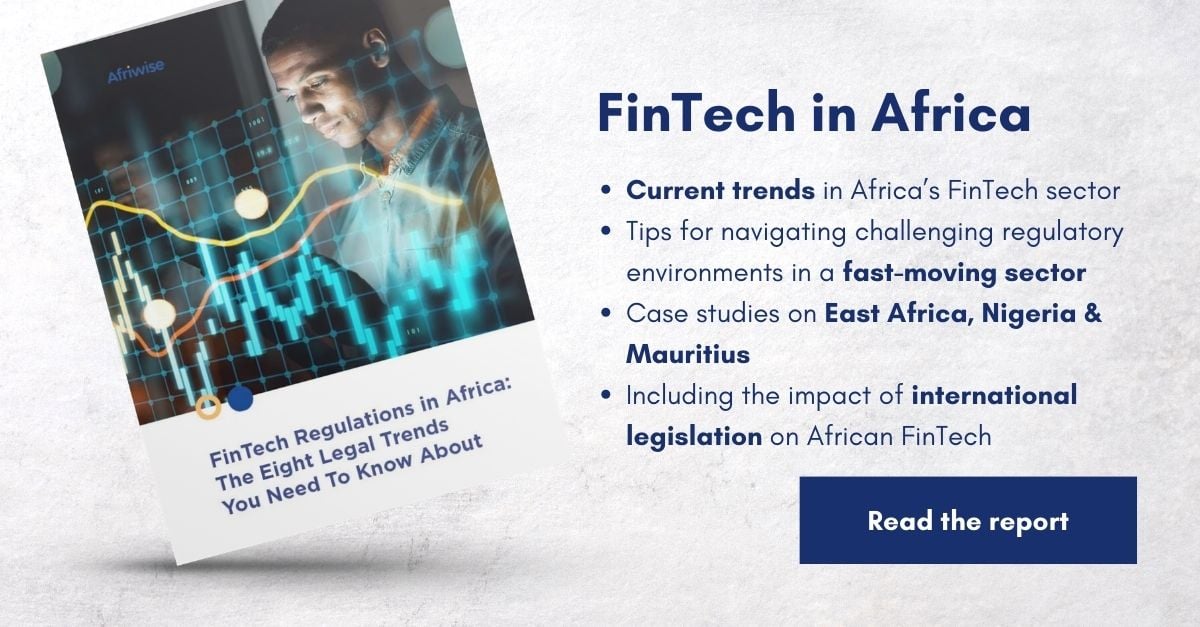In this comprehensive glossary, we demystify the jargon, acronyms, and concepts that define the fintech universe.
In today's fast-paced digital age, the financial landscape is constantly evolving, driven by groundbreaking technological advancements.
For corporate lawyers navigating this complex terrain, staying ahead of the curve is not just a choice; it's a necessity.
Enter the world of Fintech – where financial services meet cutting-edge technology, and innovation knows no bounds.
Whether you're advising a traditional financial institution venturing into the digital realm or a fintech startup pushing the boundaries of financial innovation, understanding the language of fintech is key.
Fintech
Short for ‘financial technology,’ relating to computer programs and allied technology used to enable or support banking and financial services. It encompasses digital lending, credit scoring, mobile banking, asset management, insurance and trading processes.
Fintech sandbox
A pilot testing program that provides a safe, live environment for financial institutions to try out new products or services before having to be licensed and other regulated by a governmental or regulatory authority.
Acquirer or acquiring bank
Any financial institution that automatically processes debit or credit card payments for merchants from a card’s issuing bank.
Digital bank or neobank
A financial institution that offers its entire suite of services to clients solely, whether through a mobile app or website, with no physical locations of said bank.
Digital wallet, or e-wallet, mobile wallet, virtual wallet
An application, software or service available online, such as via a dedicated website, that allows users or clients to pay for products and services electronically, i.e. without physical cards or cash.
Know your customer (KYC)
A series of regulatory and compliance practices that are required in order authenticate and verify a customer’s identity in order to prevent financial crime and fraud, as well as identity theft.
Application processing interface (API)
A series of functions and procedures that facilitate the creation of applications that access the features or data of a given operating system, application or other digital service.
Payment gateway
The technology that processes payment cards online, thereafter delivering the applicable customer data to the corresponding acquiring bank.
Data mining
The process of analysing large, even enormous data sets in order to identify meaningful trends and relationships across and within said data.
Blockchain
A digital system that serves as a record of financial and allied transactions that are executed and maintained across computers linked in a peer-to-peer (P2P) network.
Cryptocurrency
A digital currency in which transactions are executed, verified and records thereof maintained by a decentralized system using cryptography, as opposed to control by a centralised financial or banking authority.
Stablecoin
A type of cryptocurrency that is designed for price stability by being pegged to a regulated fiat currency, such as the euro, or a traded commodity, such as gold.
Distributed ledger technology (DLT)
A set of protocols and accompanying digital infrastructure that ensures that computer systems across multiple locations can authorize transactions and maintain continuous real-time records of all transactions on a blockchain.
DeFi (decentralised finance)
A technological system that uses ‘smart’ contracts on blockchains so that users can buy and sell assets and services without the need for intermediaries, such as banks or brokerage firms.
Crypto assets
According to the European Banking Authority, 2019, this refers to those digital assets in the form of either (i) payment tokens, (ii) utility tokens or (iii) security tokens.
Virtual tokens
This is a digital unit of value on the blockchain of an existing cryptocurrency that can be traded and can represent different kinds of assets, ranging from real estate or art in the digital real or real world, as well as myriad services and utilities on the blockchain.
Open banking
Processes put in place to ensure the safe sharing of financial data between third-party service providers, such as fintech applications, and banks or other financial institutions. This is typically achieved via an API.
P2P (peer-to-peer) lending
The practice of lending or borrowing money through an online platform without the involvement of an intermediary, such as a bank or credit union.
Regtech (regulatory technology)
Software and other digital tools used by banks and financial institutions to ensure their regulatory compliance regarding the protection of customers’ private and sensitive financial data.
